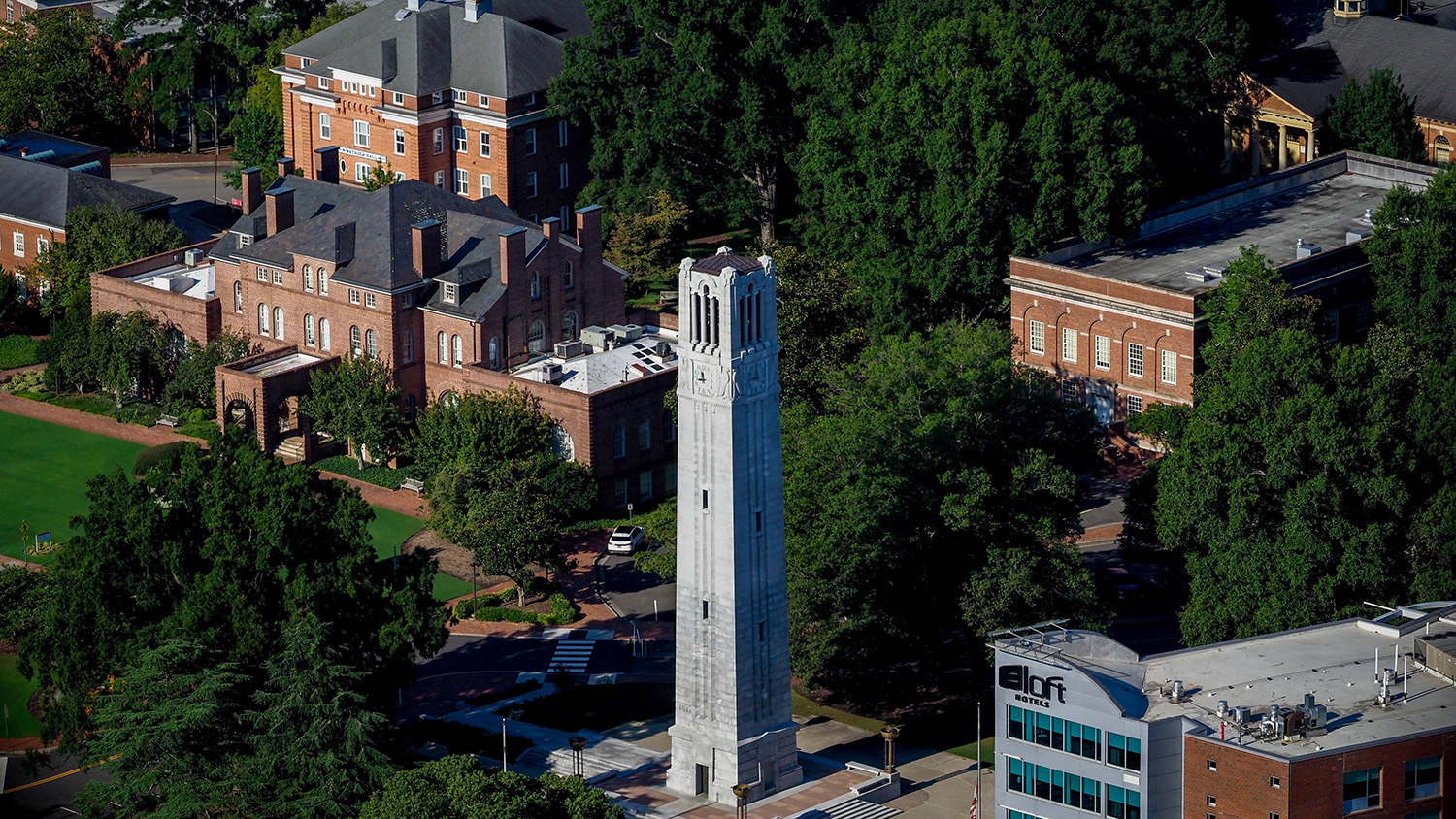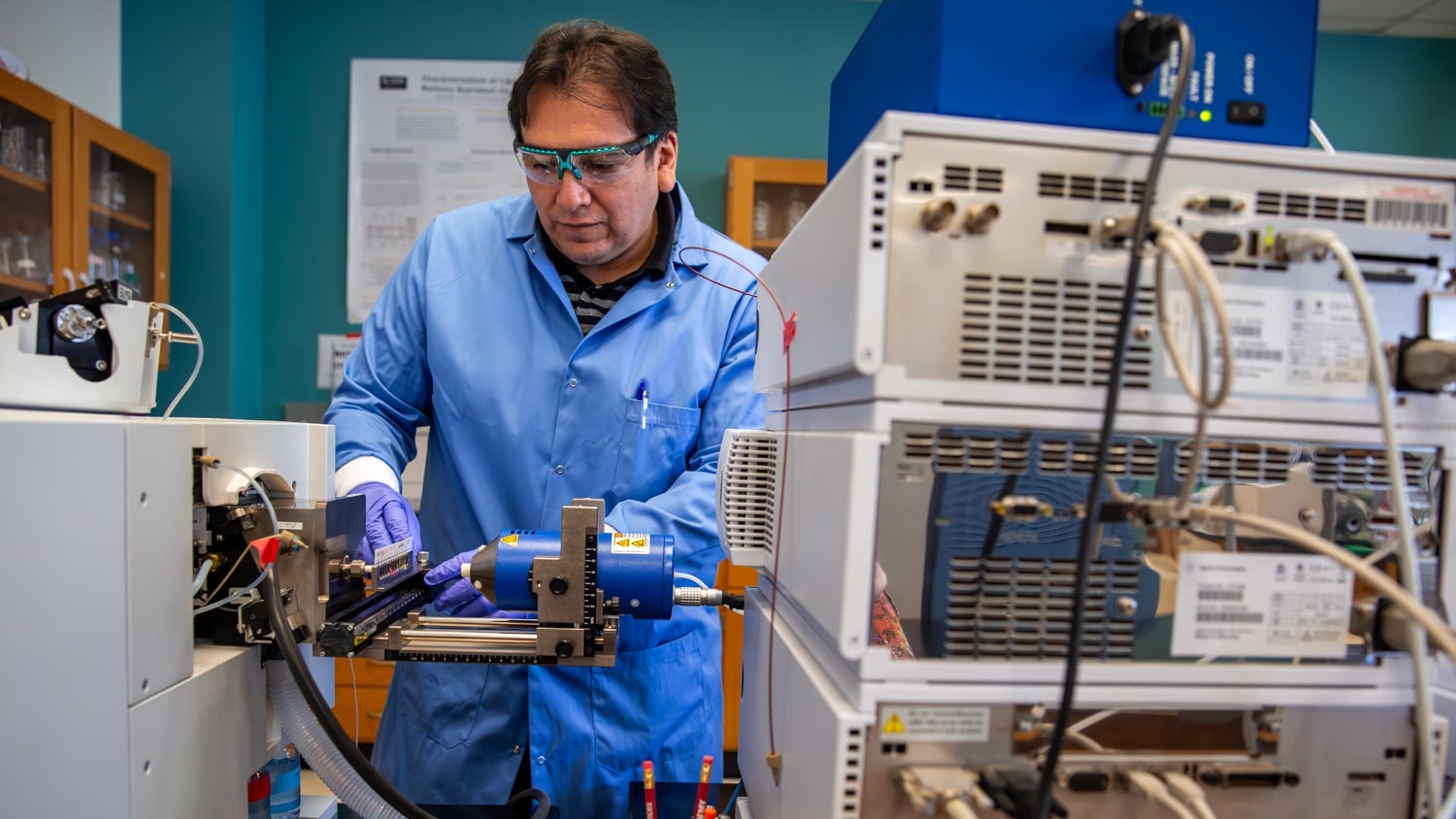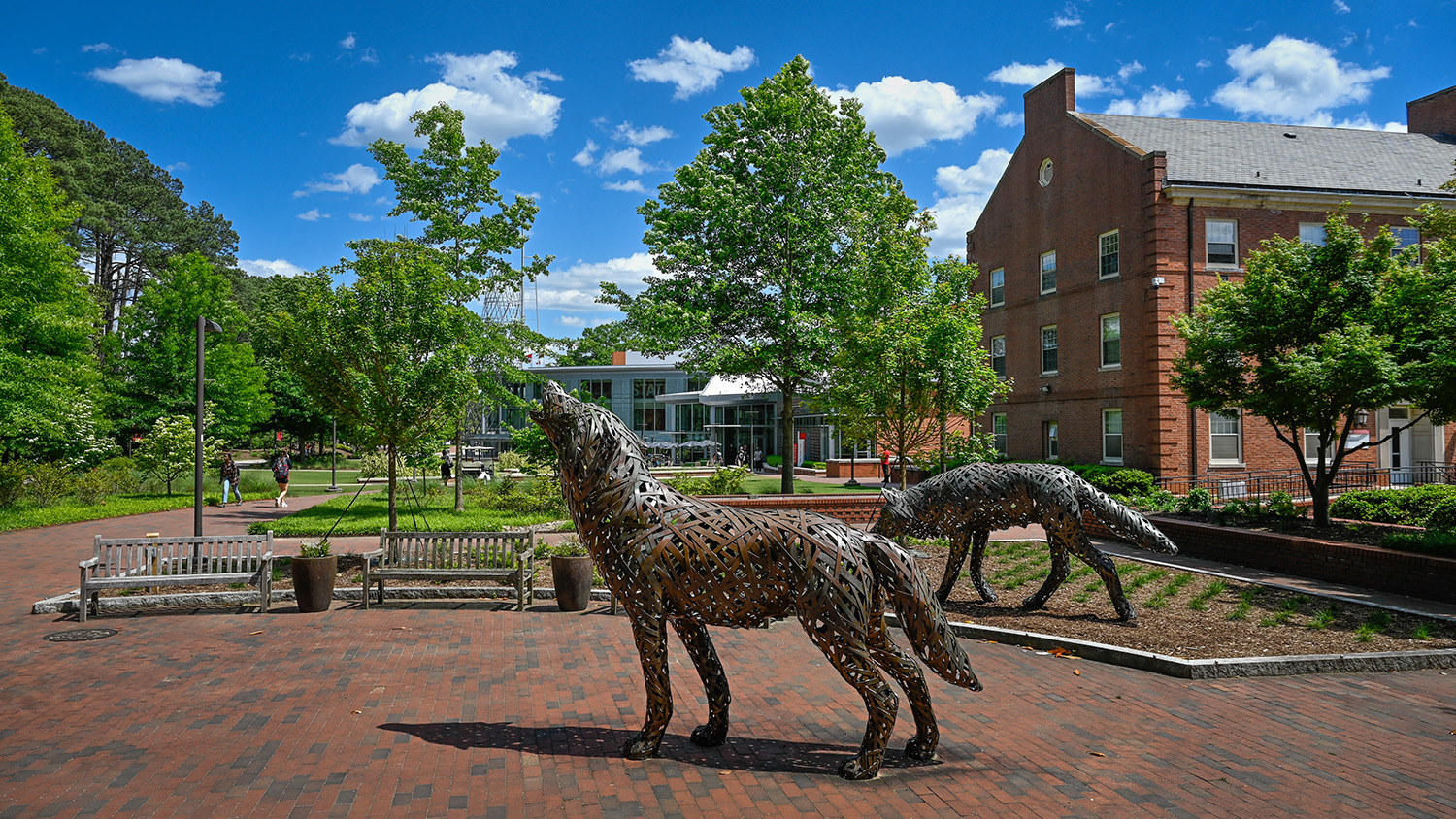Energizing Science
It’s a warm summer day in Edenton, N.C., an historic community on the Albemarle Sound that claims the title, “The South’s prettiest small town.” Along the banks of a Civil War-era millpond, a dozen high school students prepare for a day of adventure and exploration.
But it’s serious business – not recreation – that brings the students to Bennett’s Millpond. For the past seven years, Chowan County students have been working with the Science House at North Carolina State University to conduct experiments at the millpond – monitoring the health of the ecosystem, identifying the microorganisms that thrive there and learning about the delicate balance of chemicals and nutrients that sustains life. Students work in teams of two: high school juniors who are new to the program, are teamed with seniors, who have already put in a year on the pond. The arrangement gives students the chance to develop their teaching skills – while learning about science.
The system works.
More than 90 percent of the high school students who have participated in the project are attending a four-year college, compared to the area’s average of 54 percent. The teachers at the Science House point to a dozen studies that prove – scientifically – that hands-on activities improve student achievement. But you don’t have to read scientific journals to discover the benefits of hands-on, inquiry-based education. Just spend the morning with the high school students experimenting in and around Bennett’s Millpond.
On a canoe in the middle of the pond, Kelsey Lichtenwalner checks for evidence of tiny organisms called bryozoans. The first time she discovered one of their underwater colonies, she reached down to touch it and found a surprisingly strong water current swirling around it. She developed a research project about the mystery and soon learned it was a feeding mechanism.
“They have tentacles that create a funnel that drags food substances into their mouths,” she explains.
When the level of oxygen in the pond fell during the recent drought, the colonies almost disappeared. But other organisms were just making their first appearance in the pond.
Back on shore, students examining a jar of pond water are excited to discover an organism they’ve never seen before, although they’re not sure – yet – what it is. Two students work together to capture a photo of the organism and upload it to a laptop.
They’re quick to agree that conducting their own research in the field is very different – and a lot more fun – than reading about science in a textbook.
Colleen Karl, an educator who manages the northeastern satellite office of the Science House, oversees the millpond project. She says the project gives students the freedom to explore what they want to explore.
“We don’t tell them what to do. We help them develop their ideas, provide the equipment that they need and supply the research support, and the mentoring support but we actually allow them to grow out their own ideas. That’s something they don’t usually experience in the classroom,” she says.
But you don’t have to jump into a canoe to experience hands-on research. While the Chowan County students are working on the millpond, students from the North Carolina School of Science and Mathematics in Durham are analyzing e-coli cells in a laboratory at NC State as part of the new Summer Research Experience program.
Under the watchful eye of grad student Kathryn Earley, high school juniors Christian Colon and Joel Nortey take turns using a micropipette to move bacteria cells into test tubes. The samples are part of a project designed to fight Anthrax by reducing the development of deadly spores (no, the project doesn’t use Anthrax; no need for biohazard suits).
Other high school students in the program – all of them minority males – are welcomed into labs across campus, where they get an opportunity to work on research in soil science, microbiology, forensics, plant biology, genetics and food science.
The idea of reaching out to North Carolina high school students is catching on at NC State, where administrators worry that they’re not educating enough scientists and engineers to maintain the state’s competitive edge in high-tech industries.
“Across the nation, all the major research and science-based universities are having the same problem,” says Dr. Lisa Guion, interim assistant dean for diversity in the College of Agriculture and Life Sciences. “We don’t have any talent to waste.”
By getting teens excited about real-world science while they’re still in high school, educators like Guion and Karl believe they can encourage many of them to pursue careers in the so-called STEM fields – science, technology, engineering and math.
- Categories:


